Feather Protein in Dog Food: An Innovative Solution for Food Allergies
If your dog suffers from food allergies, you may have tried various diets, including hypoallergenic and novel protein options, to alleviate their symptoms. One innovative approach in veterinary nutrition that’s gaining attention is the use of feather protein in dog food, particularly in Royal Canin’s Anallergenic diets. But what exactly is feather protein, and how does it work to help dogs with food allergies?
What is Feather Protein?
Feather protein is derived from poultry feathers, which might sound unusual at first. Feathers are rich in keratin, a type of protein that, when processed correctly, can serve as a nutritional component in pet food. Royal Canin uses feathers as a source of protein for their Anallergenic diet, but it's not just the feathers themselves that are important—it's the way they are processed.
The Hydrolyzation Process
To make feather protein suitable and safe for dogs, Royal Canin uses an extensive hydrolyzation process. Hydrolyzation involves breaking down the protein into very small fragments, including peptides and amino acids. This process has two main benefits:
- Reduced Allergenicity: By breaking down the protein into its smallest components, the immune system is less likely to recognize them as allergens, significantly reducing the risk of an allergic reaction.
- Nutritional Value: Despite the unconventional source, the hydrolyzed feather protein provides essential amino acids that are necessary for your dog's health. This makes it a viable and nutritionally balanced option for dogs with severe food allergies.
Why Use Feather Protein?
Feather protein offers a unique solution, particularly for dogs with severe or multiple food allergies. Here’s why it's effective:
- Unique Protein Source: Most dogs have never been exposed to feather protein in their diets. This uniqueness reduces the chance of an allergic reaction compared to more common proteins like chicken, beef, or even certain novel proteins.
- Extensively Hydrolyzed: The extensive hydrolyzation process minimizes the protein size, making it less likely for the immune system to react. This is crucial for dogs that have shown sensitivity to other protein sources, even those used in hydrolyzed or novel protein diets.
Benefits of Feather Protein in Anallergenic Diets
- Suitable for Severe Allergies: For dogs with severe or multiple food allergies where traditional hypoallergenic or novel protein diets have failed, feather protein offers a new option.
- Controlled Diet: Royal Canin’s Anallergenic diet with feather protein provides a highly controlled and consistent protein source, reducing the risk of unintentional exposure to allergens.
- Clinically Tested: This diet is formulated with evidence-based research to support its efficacy in managing food allergies in dogs.
Is Feather Protein Right for Your Dog?
If your dog has been diagnosed with food allergies and has not responded well to other hypoallergenic or novel protein diets, a diet containing hydrolyzed feather protein might be worth considering. However, it's crucial to use such a diet under the guidance of a veterinarian, who can monitor your dog's response and ensure they receive balanced nutrition.
Conclusion
Feather protein represents a novel and innovative approach to managing food allergies in dogs. By utilising an extensively hydrolyzed protein source that is entirely new to most dogs, Royal Canin’s Anallergenic diet offers a unique solution for pets that struggle with severe dietary sensitivities. If your dog has food allergies and other diets haven't worked, discussing feather protein with your veterinarian could provide the relief your pet needs.


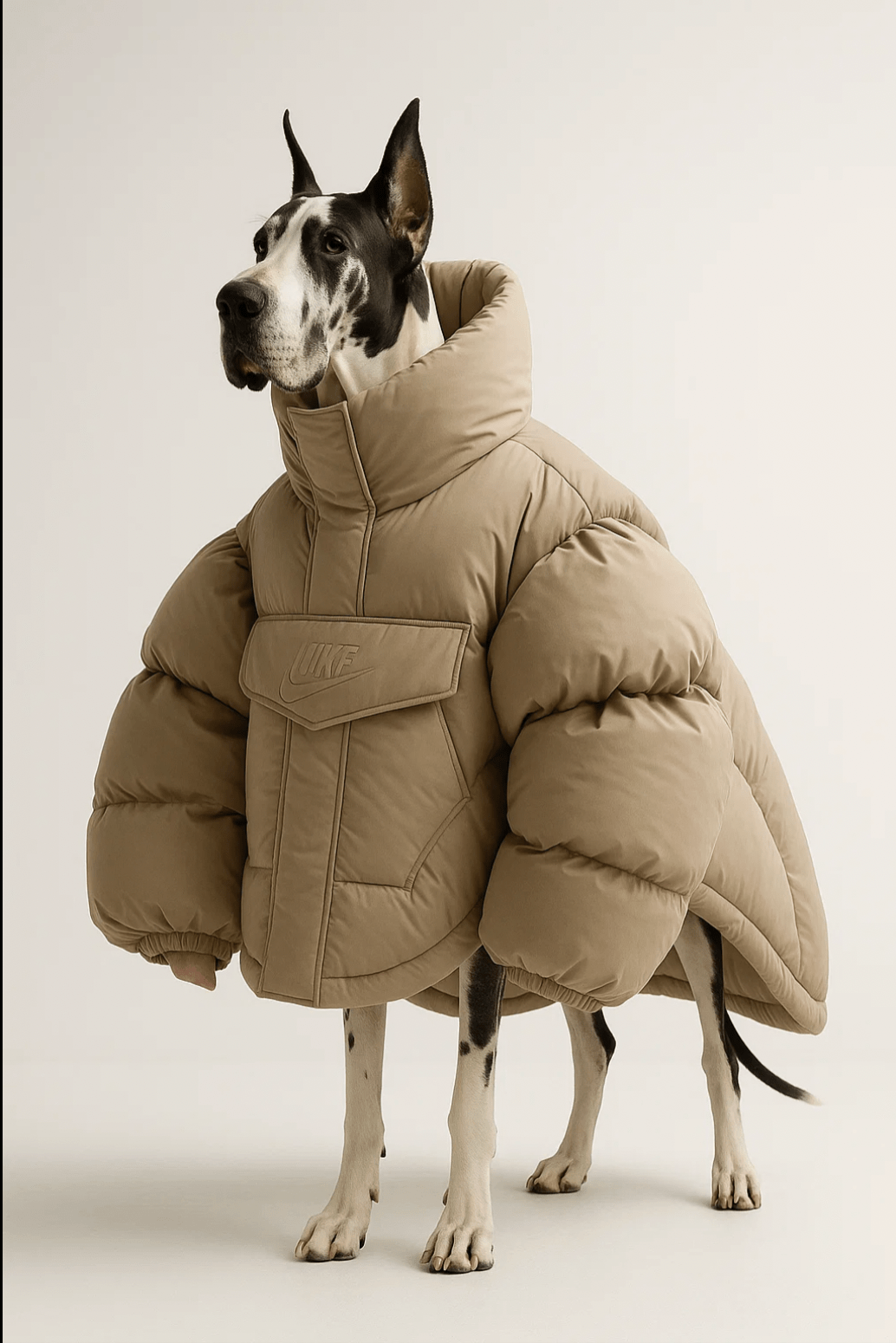

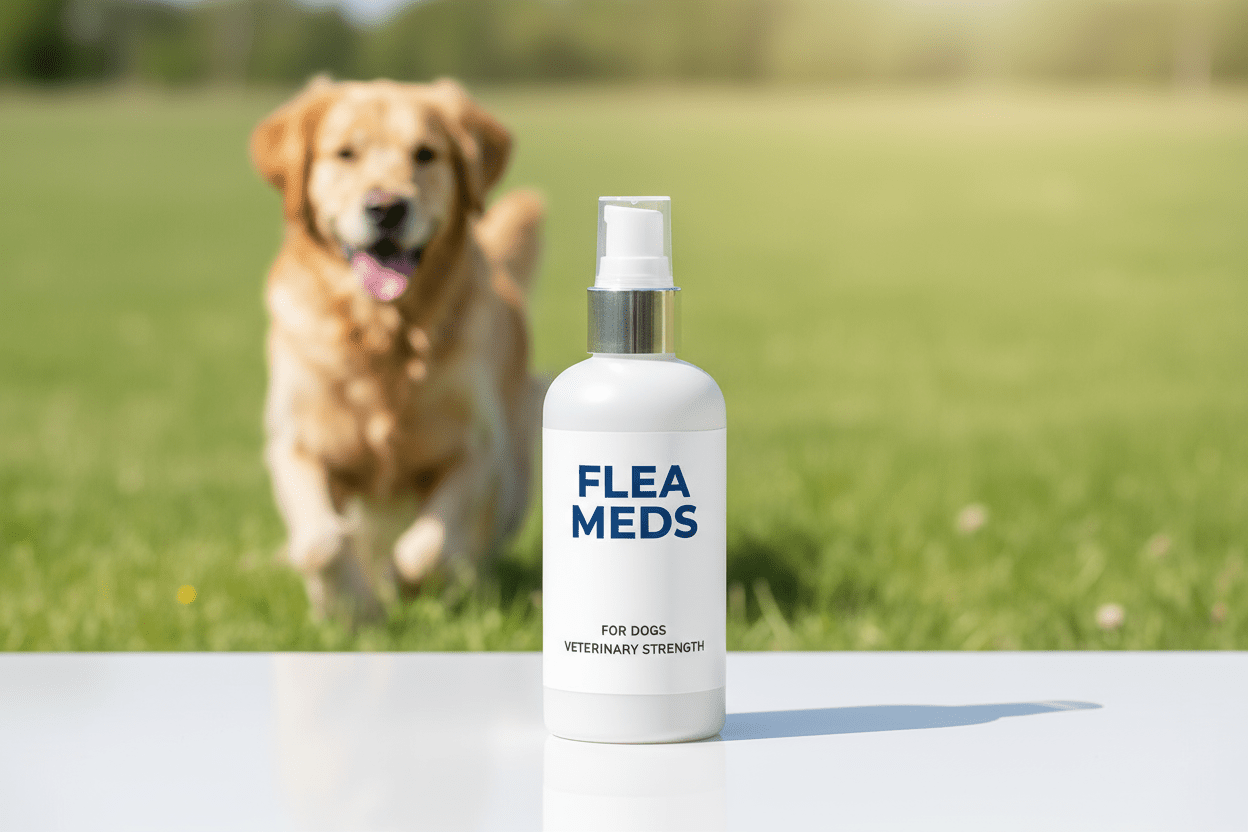
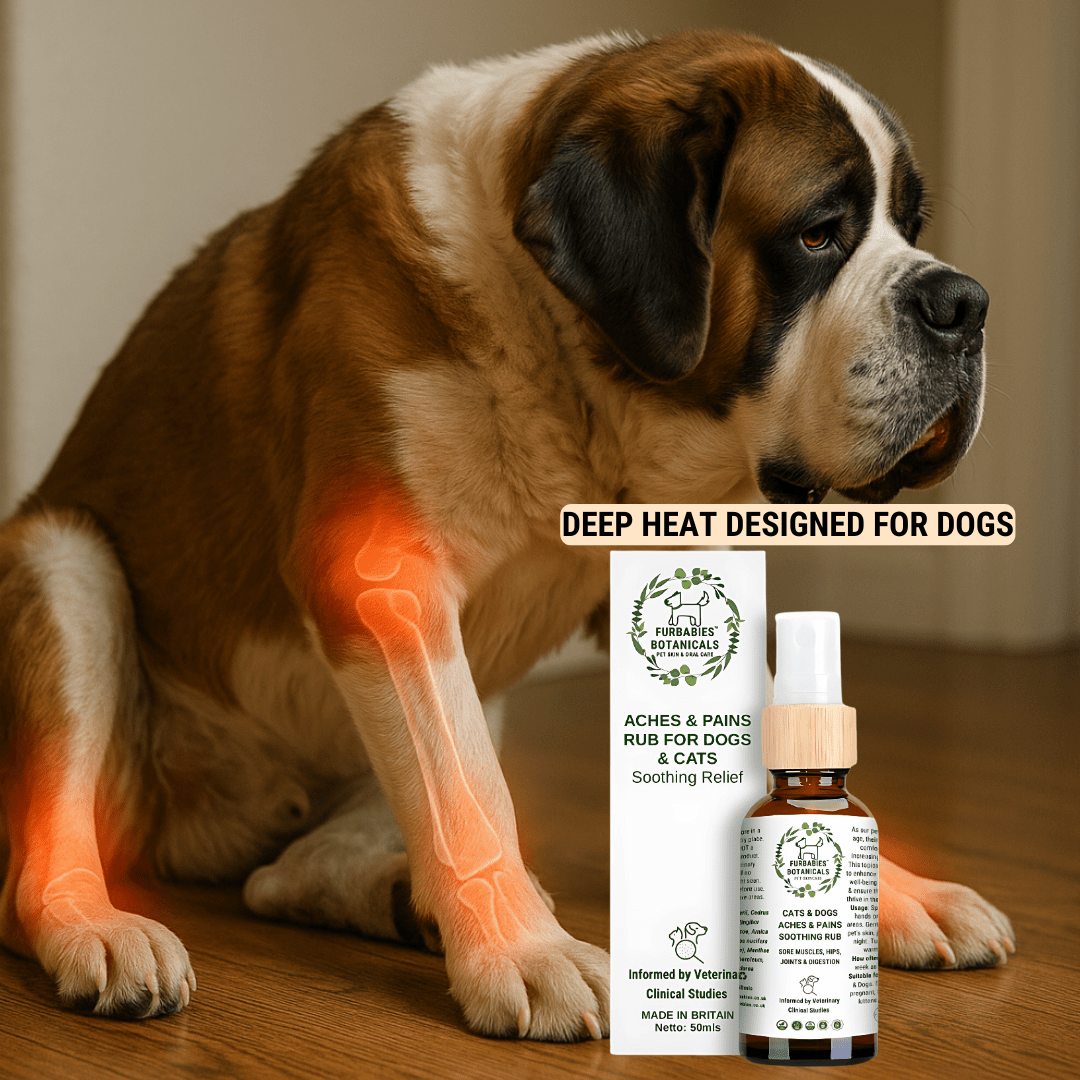

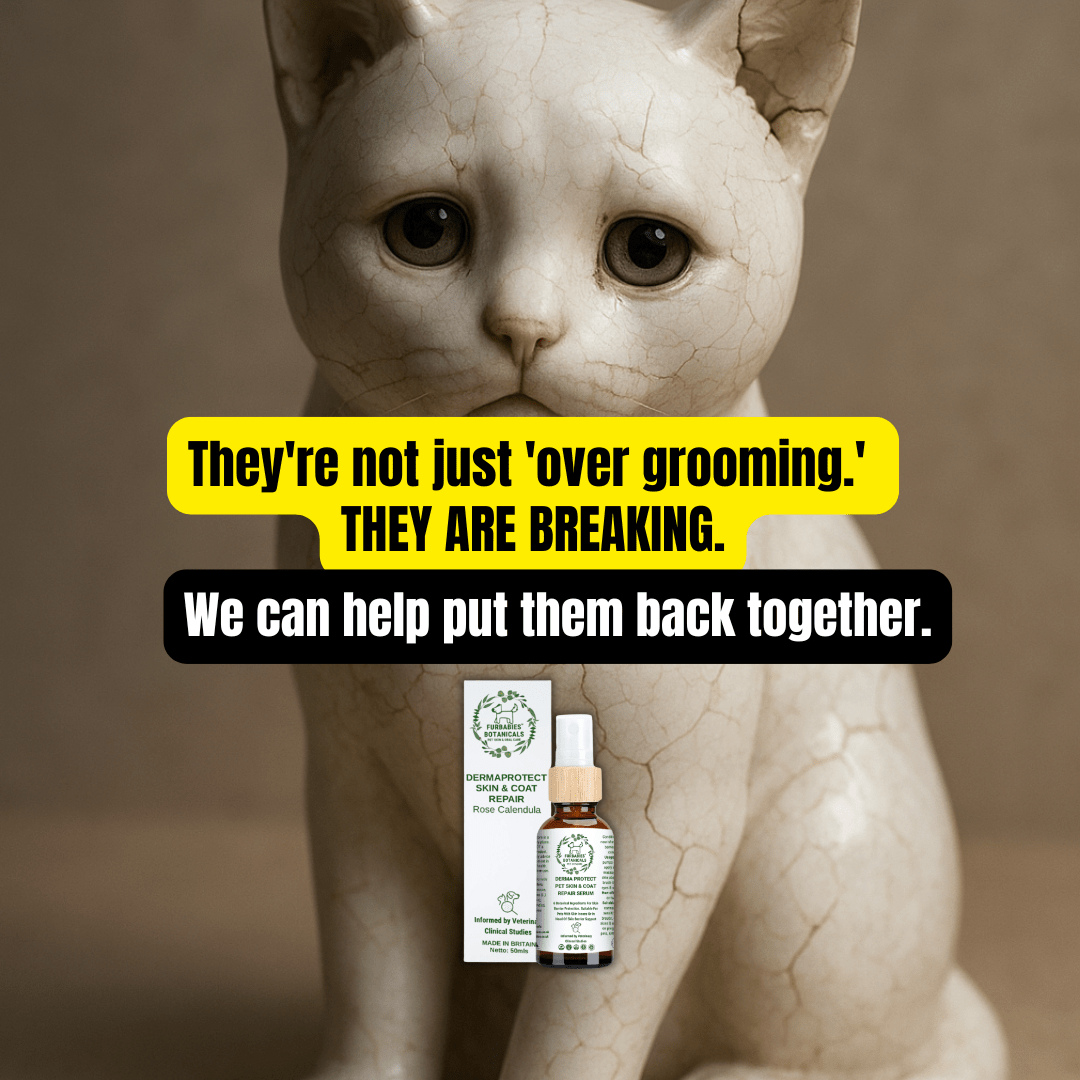

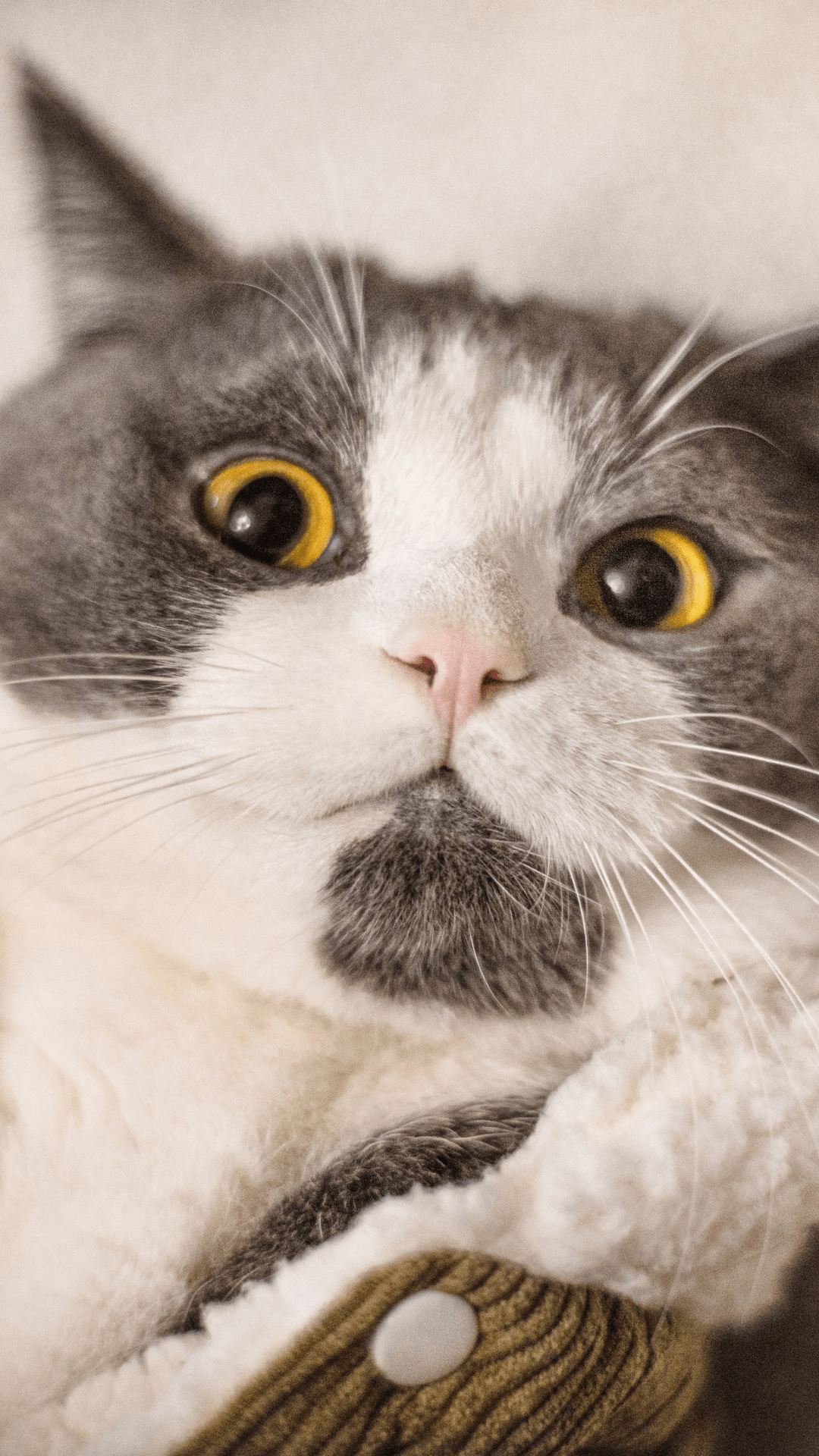



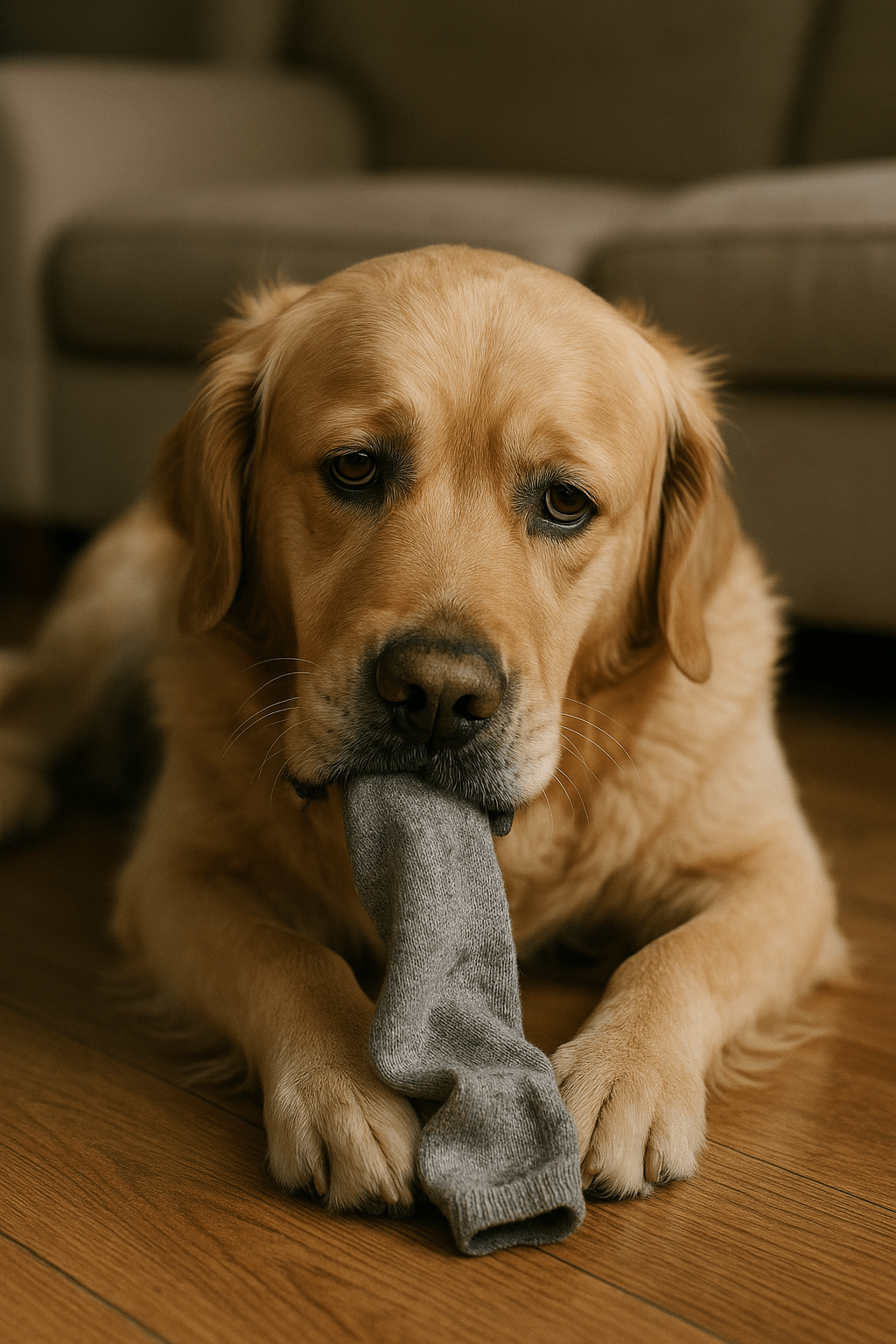
Share:
Does My Dog Have A Good Quality of Life (QoL)
Tear Stains - FAQs